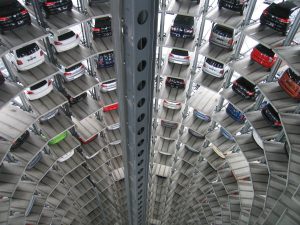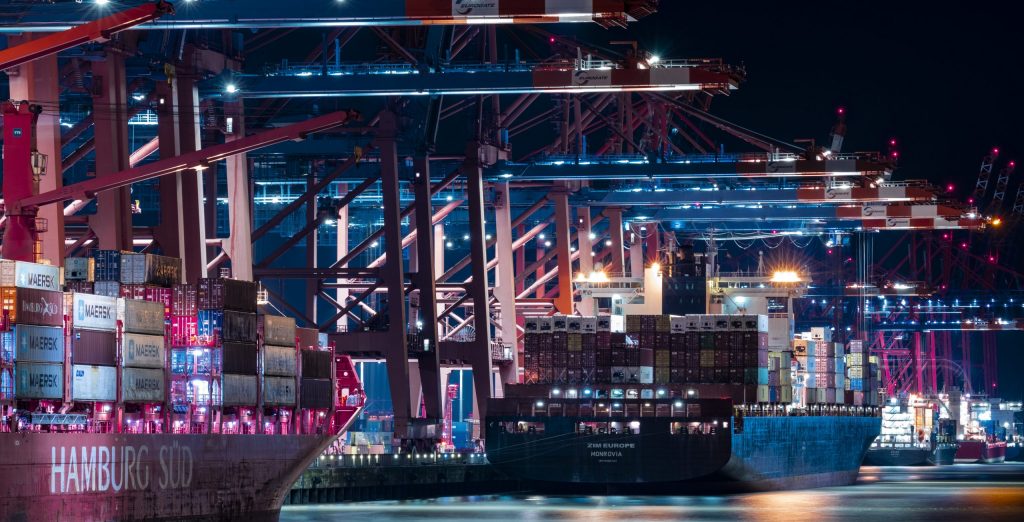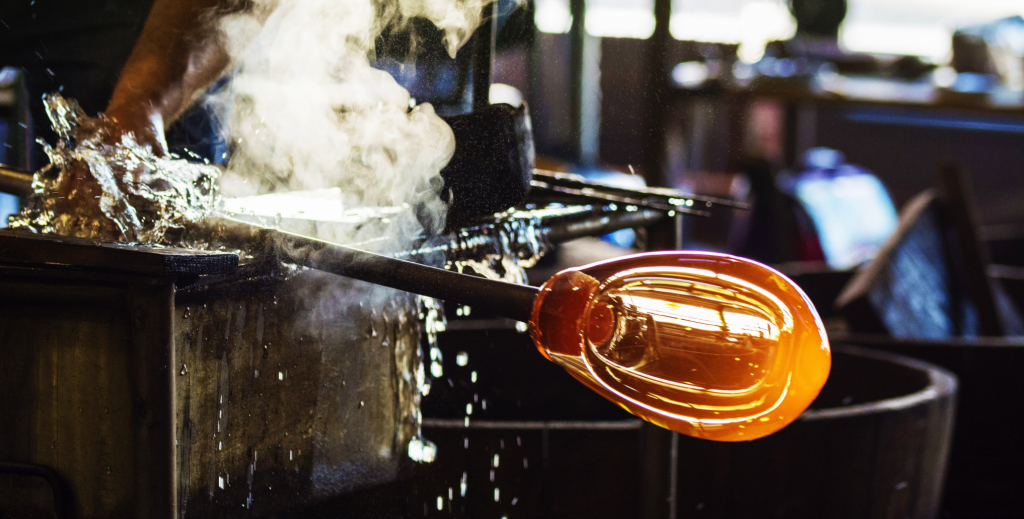 Because of his budget constraints, it didn’t take long for Kamal Tawfik, a 35-year-old real estate broker, to decide on a new car, “I needed a midsize sedan that didn’t cost more than EGP 350,000 ($21,084),” he says. “I wanted a car that looked good and could last for seven years.”
Because of his budget constraints, it didn’t take long for Kamal Tawfik, a 35-year-old real estate broker, to decide on a new car, “I needed a midsize sedan that didn’t cost more than EGP 350,000 ($21,084),” he says. “I wanted a car that looked good and could last for seven years.”
Only three cars met his criteria. The Opel Astra, a German car (EGP 315,000); the South Korean Kia Cerato (EGP 335,000 to 425,000) and the locally assembled Nissan Sentra (EGP 287,000 to 305,000). “It was a no brainer,” says Tawfik. “I chose the German car. The Opel had the nicest interior and the most fuel-efficient and powerful engine. It also has the ‘Made in Germany’ reputation to back it up.”
Full implementation of the EU-Egypt Association Agreement in January removed customs on cars imported from Europe. Tariffs remain in place for passenger cars from the United States and Asia, as well as those assembled in Egypt. “It was a natural consequence of the agreement implementation,” says Hussein Mostafa, former executive director of the Egyptian Automobile Manufacturers Association (EAMA). “The price gap between EU passenger cars and the rest has significantly shrunk. That makes consumers open to spending slightly more if it means buying an EU brand with a strong reputation.”
Six months after implementation, domestic assemblers asked the government to remove customs on parts imported for production. “We need that incentive because we don’t export now. So rising domestic production costs can’t be offset by selling abroad in dollars or economies of scale,” says Gamal Amin, a board member of Alamal Group that assembles Russian Lada and Chinese BYD passenger cars. “We will eventually close down if the status quo remains.” Assemblers also want the government to remove customs on imports of non-EU passenger cars to level the playing field with their European competition.
Risk-free trade pact?
When it came to passenger cars, the 2004 signing of a free trade agreement with the EU was always a risky move. At the time, Egypt had just started local assembly of Jeeps, an American brand. The government also was closing deals with Mercedes-Benz and BMW to build some high-selling models in Egypt. Cheaper foreign competition would never bode well for the budding national assembly industry.
Egyptian negotiators pushed for gradually decreasing customs on EU passenger vehicles through the end of 2016. Meanwhile, imports of other EU goods were exempt from customs from day one. The agreement also allowed the government two opportunities to delay the elimination of duties for one year. The first request was in 2014, just before Egypt’s foreign currency crunch; the other was in 2017 when the pound lost more than half its value.
Those steps, however, did not stop Mercedes-Benz from shutting down its Egyptian assembly operations in 2015. At the time, its top domestic sellers were locally assembled small-engine sedans that proved to be cheaper when imported from the EU. Meanwhile, BMW chose to focus on domestically building SUV models. They are noticeably more expensive than sedans because, among other reasons, their engines are subject to Egypt’s highest tariff tiers. That made it less costly to assemble them in Egypt.
According to Montaser Zaytoun, chairman of El Zaytoun Auto Mall, which sells mostly locally assembled and non-EU brands, of the 170 car models sold in Egypt, 12 assemble at least one passenger model locally.
 No exports
No exports
Putting assemblers at even more risk is the fact that none has found it financially feasible to export passenger cars. That, despite Egypt having four free trade agreements that cover most countries in Africa and the Middle East. Additionally, the domestic auto assembly scene includes producers of a wide range of automobiles, from economy cars to top-of-the-line luxury vehicles.
The inability to export has been blamed on higher production costs due to ongoing fiscal reforms that began in 2015. Also, many assemblers in Egypt make low-end models catering to the price-sensitive local market, according to Amin.
“In short, the Egyptian manufacturing scene, as a whole, is lagging,” says Ibrahim Fawzy, minister of trade and industry from 1993 to 1996. “That puts local car assemblers at a disadvantage in international markets.”
“It is telling that EU car companies haven’t found it feasible to use Egypt as a manufacturing hub to feed Europe with passenger cars,” Mostafa, of EAMA, notes. “That, even though our exports to them have been exempt from customs since 2004.”
New direction
Removal of customs on EU-sourced passenger cars comes at a time of declining sales in Egypt. It started in 2017 with the devalued currency that resulted in prices nearly doubling. “Cars are still largely unaffordable despite the EU agreement and appreciating pound,” says Zaytoun.
In the first six months after the Egypt-EU Association Agreement took full effect, sales of passenger cars dropped 11.6 percent compared to the same period in 2018. New vehicles sold during the 2019 time frame topped by 51,311, according to the Automotive Marketing Information Council (AMIC).
Local assemblers were the big losers as they still pay customs on parts. “Up until last year, customs on EU cars were 10 percent,” says Mostafa. “Removing the customs meant local producers effectively pay more than their imported competition to bring their cars to the showroom. It is an untenable situation for a country that wants to reduce its import bill.”
According to the AMIC report, locally assembled new car sales reached 18,894 units in the first six months of this year, a 23 percent drop compared to the same period last year. They represented 37 percent of all new passenger car sales compared to 42 percent a year earlier.
Meanwhile, sales of imported cars are responding to the drop in prices of EU brands. “When I started thinking about buying a new car in 2018, I couldn’t afford any from the EU. It was either Korean or locally assembled models,” says Tawfik, the broker who bought an Opel Astra in June. “In 2019, however, the Astra was cheaper than the imported KIA Cerato and costs a fraction more than the locally assembled Nissan Sentra.”
Still, overall sales of imported cars did not noticeably increase. According to AMIC, total sales of imported car sales declined 1.7 percent year-on-year during the first six months of 2019, but sales of new EU vehicles jumped 18.5 percent.
It’s a sharp contrast with the rest of the market; Japanese car sales dropped 16.5 percent. South Korean sales 39.9 percent. American car sales shrank 13.6 percent. “Increasingly, we see European cars eating up the market share of other brands,” says Medhat Ismail, sales and marketing director at Egyptian Automotive & Trading Co., an authorized dealer for several German brands.
Consequently, Kia dealer Egypt International Trade announced it would no longer sell its smallest SUV (Kia Soul) nor its city car (Kia Picanto). Changhe dealers also will stop selling the Chinese company’s high-end SUV (Changche Q7).
So far this year, EU passenger cars were the second-best-selling vehicles in Egypt, passing South Korean brands. The top sellers were still Japanese passenger cars. According to AMIC, EU brands accounted for 24.9 percent of new car sales in the first six months of 2019, compared to 18.7 percent during the same period last year
Finding a solution
Dealers who don’t handle EU cars believe their sales would rise if the government canceled customs duties on finished vehicles and parts used by assemblers. “Our competitiveness has been decreasing in 2019,” says Amin, the BYD assembler. “This is most evident in our higher-end models, which are now within EGP 20,000 to EGP 25,000 of much better European models.”
Zaytoun, the showroom owner, agrees, adding that imported non-EU cars priced below EGP 250,000 would outperform their EU counterparts, even with the free trade agreement in place. “Under that threshold, EU cars are too small. Those buying EU cars for that money want a city car. However, buyers looking for family vehicles would choose non-EU or locally assembled alternatives.” he explains.
Importers of non-EU cars first started offering discounts, says Zaytoun, then reduced maintenance fees and part prices. “Everyone was doing that,” he says. “EU car dealers were looking to capitalize on rising demand to sell even more cars. The rest were in damage-control mode.”
In the long term, dealers of non-EU cars may have no alternative other to assemble selected models already sold in Egypt. That way, their customs would be lower, as a percentage, compared to importing finished cars.
One of the biggest benefactors would be dealers of more expensive large Chinese cars, whose reputation has yet to equal that of EU brands. “Our T800 [SUV] model price is now very close to the EU competition,” says Mohamed Farag, chairman of IFG Group that imports Zotye vehicles. “We need to regain the price differential we had last year.” He is looking at an industrial plot in 6 October City.
KIA, whose sales in the first six months of 2019 dropped 21.7 percent compared to a year earlier, announced it would assemble another model alongside the Sorento, which starts at EGP 650,000. Local official dealership (EIT) Chairman Khaled Nossair, has yet to announce which model will be produced or when assembly might start.
 Supportive strategy
Supportive strategy
The government, meanwhile, appears unlikely to remove customs on either locally assembled cars or non-EU imports. “We are not entertaining the idea of giving such incentives,” a source inside the Ministry of Trade and Industry told Business Monthly.
Aiming to deliver some fast relief for local carmakers, the government announced in July that factories importing more than 55 percent of components would pay a flat 20 percent customs on those parts, instead of 40 percent. Meanwhile, sourcing capital goods and machinery from abroad would be subject to 2 percent customs.
The state maintains its focus on building manufacturing complexes with regulations similar to existing industrial free zones. “The idea is that the entire supply chain would be geographically in the same place,” says the source. “That would entice not only automotive investors but also their feeding industries.”
Samir Allam, deputy president of the transport division at the Federation of Egyptian Industries, praises the proposed tariff amendments. “Since 2017, we were forced to increase our domestic component contribution by 1 percent annually consecutively,” he says. “That was not good for business.”
Instead, Allam says, a stable domestic component rate would allow investors to determine, from day one, what they would source from local suppliers based on their business model.
Local assembly’s future
Ashraf Ibrahim, an economics professor at Ain Shams University, sees a bleak future for Egypt’s car assembly business. “We are already way behind in assembly with most producers building basic models rather than the latest versions,” he says. “Not to mention, many assemblers have been reducing their output to the point of temporarily shutting down production lines since last year in reaction to declining sales.”
Before 2019, domestic sales of locally assembled cars were driven mainly by their significantly lower prices, says Zaytoun. “That is no longer a valid argument most of the time.”
Ibrahim worries the government has few options to curb the adverse effects of the Egypt-EU Association Agreement. “The solutions are improving the quality of domestic offerings and raising consumer confidence in such cars,” he says. “These fixes, however, would take years. That is time local assemblers don’t have.”







